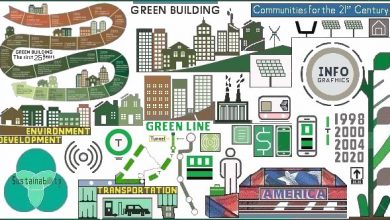
Trend IV: A growing use of Artificial Intelligence (AI).
Pre-COVID situation: About 5 years ago and in a progressive way, banks started to use artificial intelligence in general terms as a mechanism to save costs in call centers, that is, the application of AI to interact with the customer. While this is an interesting AI application, it is not even 5% of the full potential that AI has for banking.
Later trend: As long costs are to be slashed, AI becomes mainstream. For several years AI applications had become mature and could offer sound solutions for the banking sector, and banks and clients are ready to use them massively. As for the World Economic Forum, AI is maybe THE transforming element of the industry making. AI will be the basis of new services and the technological engine behind the operations of banks in the near future. While we do not concord with WEF, in terms of the disruptive potential of AI in the banking industry, we do concord that AI is about to become the game-changer of the industry propelled by fintech.
Trend V. Dematerialization of cash
Situation before COVID-19: Money has been dematerializing for a long time now, actually from an economist perspective this phenomenon started when Nixon decided to take the United States out of the gold standard. Progressively all forms of money were dematerialized and the economic circuits where money flowed were progressively digitized. However, cash, which is one of the many forms of money, was seen as one of the fortresses that technology couldn’t disrupt, and yet giant economies like China have shown that even cash can be digitized.
This is a fintech terrain par excellence where large technology operators such as Alibaba or WeChat have eliminated the need for money in China and where there are many similar solutions being pursued by new start-ups in Latin America, Africa, and Southeast Asia.
This is a trend that has been strengthening for years and thanks to electronic wallets (e-wallet) the massive use of e-money is becoming popular, as well as the dematerialization of cash.
Situation after the virus crisis: The use of cash has always been a problem for health authorities and now COVID has only made it clear that it is a vector of contagion for this and future contagious diseases. It is not too difficult to see a forthcoming scenario where we will move from a voluntary and free adoption of electronic cash to a mandatory adoption carried out by policymakers.
Yes, that kind of implementation could remind us of a 1984 scene, and there are plenty of privacy considerations in having the economic system moved to digital cash, but in the face of pandemics, a lot of privacy concerns have been moved down in the list of ethical priorities. We do not say this is good, we simply consider a potential scenario.
Privacy concerns apart, people will demand digital cash solutions as part of their response to the health crisis imposed by the novel coronavirus.
Summarizing; The Financial industry was being transformed by the emergence of fintech menace and the intensification of technology usage within banks. Covid-19 is a huge external force accelerating the transformation of the industry, and creating new challenges that the industry needs first to understand and then, react accordingly.
The main force moving the industry is the digital revolution, as a force moving the entire economy. The virus as just forwarded the movie 5 to 8 years. Now that we have reviewed how the future will be, it is in our hands to make smart moves.











